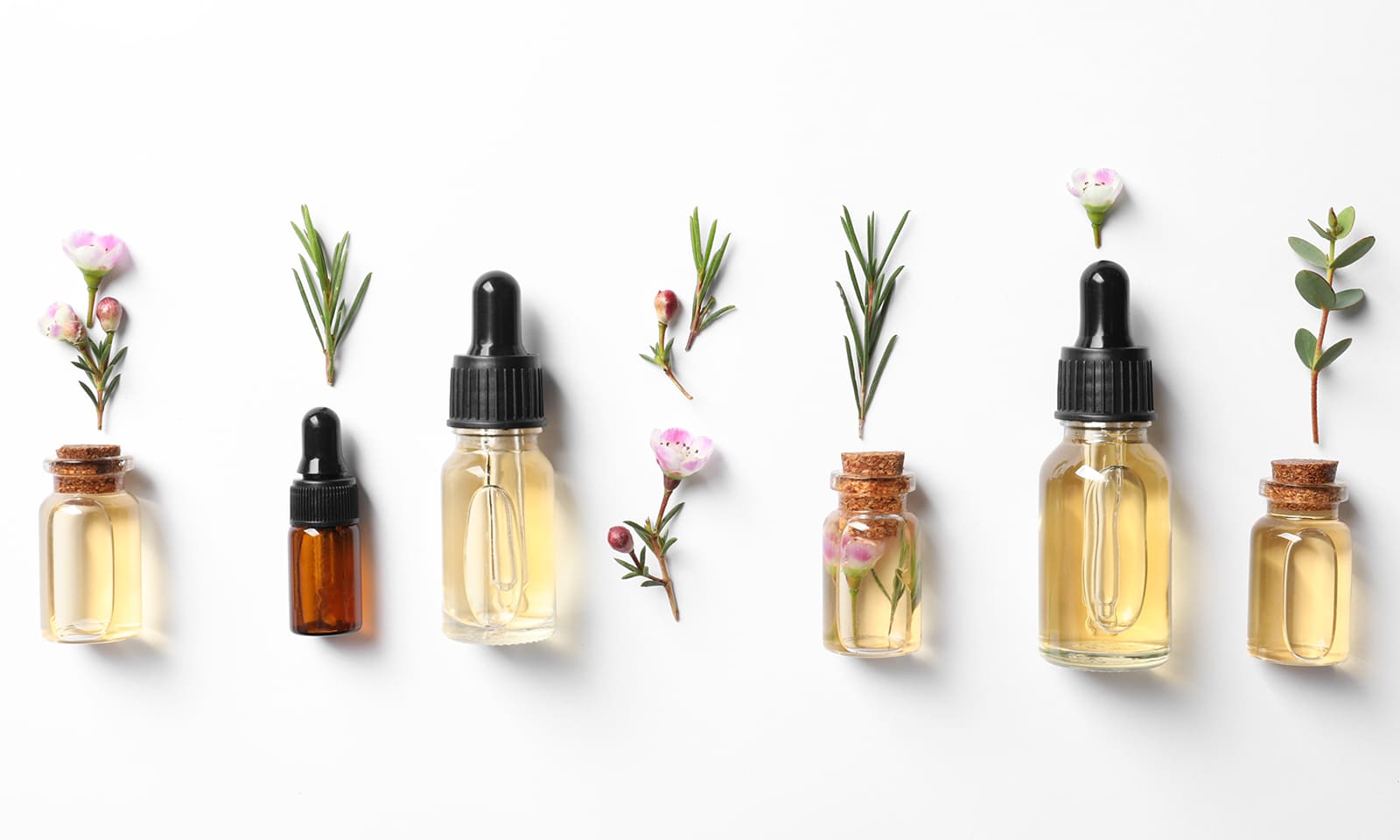Essential Oils for Health and Wellness– In today’s fast-paced and stressful world, many people are turning to natural remedies for their health and wellness needs. Essential oils have gained significant popularity due to their therapeutic properties and versatility. Derived from various plants, these concentrated oils have been used for centuries to promote physical and mental well-being. In this article, we will explore the benefits of essential oils and how they can be incorporated into your daily routine to enhance your overall health and wellness.
Understanding Essential Oils
Essential oils are highly concentrated plant extracts obtained through distillation or cold-pressing methods. These oils capture the plant’s fragrance and beneficial properties, making them potent and versatile. Each essential oil has a unique composition of active compounds that contribute to its therapeutic effects. When used correctly, essential oils can support physical, emotional, and mental well-being.
Benefits of Using Essential Oils
Essential oils offer a wide range of benefits for health and wellness. Some of the key advantages include:
- Promoting relaxation and reducing stress: Certain essential oils, such as lavender and chamomile, have calming properties that can help alleviate stress and anxiety.
- Improving sleep quality: By creating a soothing environment and promoting relaxation, essential oils like bergamot and ylang-ylang can enhance sleep quality and alleviate insomnia.
- Boosting mood and emotional well-being: Citrus oils, such as lemon and sweet orange, are known for their uplifting and mood-boosting effects, promoting a positive mindset.
- Supporting respiratory health: Eucalyptus and peppermint oils can provide relief from congestion and promote clear breathing when used in aromatherapy or steam inhalation.
- Enhancing skin and hair health: Many essential oils, including tea tree and lavender, possess antimicrobial and soothing properties that benefit skin conditions like acne, eczema, and dandruff.
- Boosting immune system function: Essential oils like oregano and lemon have natural antimicrobial properties that can support the immune system and help fight off infections.
Popular Essential Oils for Health and Wellness
There are numerous essential oils available, each with its own unique benefits. Here are some of the most popular essential oils used for health and wellness:
Lavender Oil
- Benefits: Promotes relaxation, eases anxiety, improves sleep quality, soothes skin irritations.
- How to Use: Diffuse in a room, dilute and apply topically, add a few drops to a bath.
Peppermint Oil
- Benefits: Relieves headaches, enhances mental focus, aids digestion, cools and soothes muscles.
- How to Use: Inhale directly from the bottle, dilute and apply to temples, mix with carrier oil for a refreshing massage.
Tea Tree Oil
- Benefits: Fights skin infections, helps with acne and fungal infections, soothes minor cuts and burns.
- How to Use: Dilute with water or carrier oil for skin application, add to homemade cleaning products.
Eucalyptus Oil
- Benefits: Clears sinuses, relieves respiratory congestion, supports muscle recovery.
- How to Use: Inhale steam with a few drops added, dilute and apply to the chest or back.
Lemon Oil
- Benefits: Uplifts mood, enhances mental clarity, detoxifies the body, supports healthy digestion.
- How to Use: Add a few drops to water for a refreshing drink, diffuse in the air, use in homemade cleaning products.
Rosemary Oil
- Benefits: Improves memory and cognitive function, stimulates hair growth, relieves muscle pain.
- How to Use: Inhale directly, dilute and massage into the scalp, add to bathwater for relaxation.
How to Use Essential Oils
There are several ways to incorporate essential oils into your daily routine. Here are the most common methods:
Aromatherapy
Aromatherapy involves diffusing essential oils into the air using a diffuser. This allows you to inhale the beneficial compounds, which can positively impact your mood, energy levels, and overall well-being.
Topical Application
When diluted with a carrier oil, essential oils can be applied to the skin for various purposes. This method is commonly used for massage, skincare, and localized relief from muscle pain or tension.
Inhalation
Inhaling essential oils directly from the bottle or by adding a few drops to a tissue or cotton ball can provide quick relief for respiratory issues, congestion, or mental focus.
Internal Consumption (with caution)
Some essential oils are safe for internal consumption when used in moderation and under the guidance of a qualified professional. However, it’s important to note that not all essential oils are suitable for internal use, and they should be used with caution and proper knowledge.
Safety Precautions and Guidelines
While essential oils offer numerous benefits, it’s crucial to use them safely. Here are some general safety precautions to keep in mind:
- Always dilute essential oils with a carrier oil before applying them to the skin.
- Perform a patch test before using a new essential oil to check for any allergic reactions or sensitivities.
- Store essential oils in a cool, dark place to preserve their potency.
- Keep essential oils out of reach of children and pets.
- Consult a healthcare professional or aromatherapist before using essential oils during pregnancy, for infants, or if you have any underlying medical conditions.
Incorporating Essential Oils into Your Daily Routine
To maximize the benefits of essential oils, you can incorporate them into various aspects of your daily routine. Here are some suggestions:
Morning Rituals
Start your day on a positive note by diffusing invigorating essential oils like citrus or peppermint to boost your energy levels and uplift your mood.
Stress Relief and Relaxation
Create a calming atmosphere in the evening by diffusing lavender or chamomile oil to help unwind, reduce stress, and promote restful sleep.
Skin and Hair Care
Add a few drops of essential oils to your skincare routine by mixing them with carrier oils or incorporating them into DIY facial masks, serums, or hair treatments.
Immune System Support
Boost your immune system by diffusing essential oils with antimicrobial properties, such as tea tree or lemon oil, especially during the flu season or when you’re feeling under the weather.
Essential Oil Blends for Specific Purposes
To target specific concerns, you can create your own essential oil blends. Here are a few examples:
Sleep Aid Blend
Combine lavender, chamomile, and ylang-ylang oils for a relaxing blend that promotes deep and restorative sleep.
Focus and Concentration Blend
Mix rosemary, peppermint, and lemon oils to enhance mental clarity, focus, and concentration during study or work sessions.
Mood Booster Blend
Blend citrus oils like orange, lemon, and grapefruit for an uplifting and mood-boosting aroma that can help combat feelings of sadness or low energy.
Muscle and Joint Relief Blend
Create a soothing blend using eucalyptus, peppermint, and lavender oils to massage into sore muscles or joints for relief and relaxation.
Digestive Support Blend
Combine ginger, peppermint, and fennel oils to support healthy digestion and alleviate symptoms of indigestion or bloating.
Conclusion
Essential oils offer a natural and holistic approach to health and wellness. With their diverse range of benefits and applications, they can support various aspects of your physical, emotional, and mental well-being. By incorporating essential oils into your daily routine, you can experience the transformative effects they have to offer. Remember to prioritize safety, seek professional guidance when needed, and enjoy the journey towards a healthier and more balanced lifestyle.
Frequently Asked Questions (FAQs)
- Are essential oils safe for everyone?
- While essential oils are generally safe, some individuals, such as pregnant women, infants, or those with specific health conditions, should use them with caution and seek professional guidance.
- Can essential oils be ingested?
- Not all essential oils are safe for internal use. It’s important to consult with a healthcare professional or qualified aromatherapist before consuming essential oils.
- How long do essential oils last?
- The shelf life of essential oils varies, but most oils can last for several years when stored properly.
- Can essential oils replace medical treatments?
- Essential oils should not replace medical treatments. While they can complement your health and wellness routine, it’s essential to consult with a healthcare professional for any specific health concerns.
- Are there any side effects of using essential oils?




